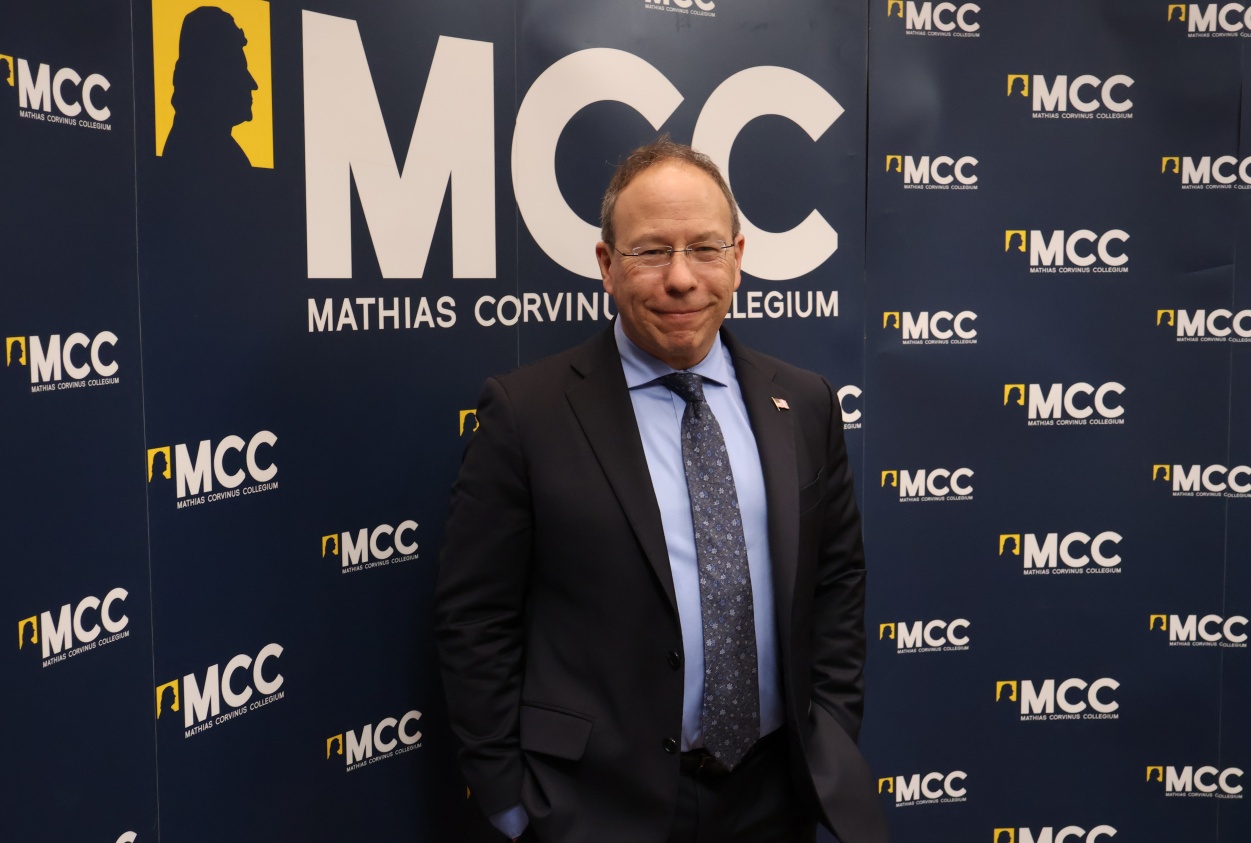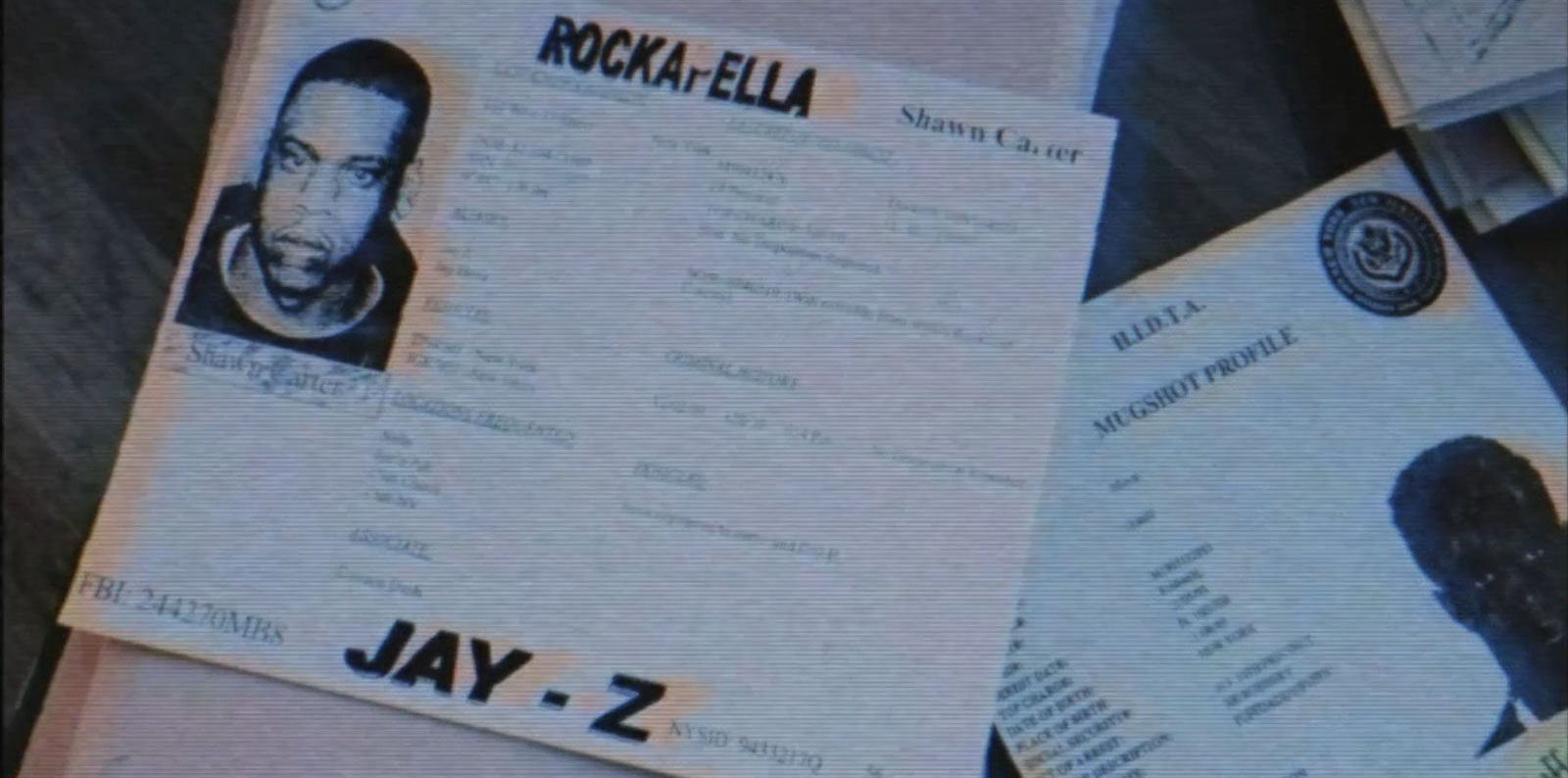





:quality(70):focal(426x276:436x286)/cloudfront-eu-central-1.images.arcpublishing.com/irishtimes/33RNCNGAECOJJBUXNF52JPS2HE.jpg)
Attempts to censor books have surged, leading to a panel discussion at the Texas Book Festival. The American Library Association's Office for Intellectual Freedom (OIF) reported a 20% increase in challenges to library materials and services, with 695 attempts and challenges to 1,915 unique titles. In response to this trend, the Texas Book Festival will feature a panel discussion on 'Threats to Freedom of Expression'. The article highlights the disproportionate impact of censorship on marginalized communities and calls for collective action to combat it.
Similarly, films have also faced censorship, banning, and suppression. The article discusses 13 films that have been kept from the public due to various reasons. These films range from controversial and provocative works to those facing issues with content, censorship, or poor marketing. Notable examples include Jerry Lewis' unfinished film 'The Day the Clown Cried,' Sam Raimi's 'The Evil Dead,' and Pier Paolo Pasolini's 'Salò, or the 120 Days of Sodom'. The challenges and obstacles faced by filmmakers in bringing their work to the public are highlighted.
Both books and films face challenges in freedom of expression, with attempts to censor and suppress them. These instances underscore the ongoing battle against censorship and the need for vigilance in protecting freedom of expression.
In a recent development, the Government of Ireland has announced the scrapping of the Censorship of Publications Act 1929, along with subsequent modifying laws. The Act, which defined 'indecent' as being suggestive of, or inciting to sexual immorality or unnatural vice or likely in any other similar way to corrupt or deprave, reflected the early years of the State and its aim to create a distinct Irish identity based on Catholicism and Irish exceptionalism. The legislation banned various publications, including canonical books like Animal Farm, The Catcher in the Rye, Catch-22, Brave New World, The Country Girls, and Borstal Boy. The censorship laws also affected newspapers, magazines, and left-leaning British newspapers. The scrapping of these laws marks a significant step towards freedom of expression in Ireland.
The impact of the censorship laws on Irish society is evident. The legislation had a lasting impact on Irish people's understanding and discussion of their own bodies, leading to euphemisms and a lack of understanding, particularly regarding women's experiences of sex and pregnancy. It also contributed to a generation of undereducated people about sex and the power of the church, allowing greater evils to persist. The scrapping of the Censorship of Publications Act 1929 is expected to bring about a more open and inclusive society, fostering a culture of free expression and intellectual freedom.
The move to scrap the censorship laws in Ireland highlights the ongoing global battle against censorship and the recognition of the importance of freedom of expression. It serves as a reminder of the challenges faced by artists, writers, and filmmakers in bringing their work to the public, and the need to protect and uphold the fundamental right to freedom of speech and creativity.
Censorship today is fundamentally different from what we are used to in the Western world. It’s about covertly suppressing information or ideas that government figures want to have, largely irrespective of truth or falsehood. Media, old and new, co-operate with censorship in ways they rarely used to. Three incidents give a sense of the range of what’s happening: compiling government dossiers on journalists, British censorship lobby Center for Countering Digital Hate, and the Department of Homeland Security censoring a New York Times reporter during the 2020 election. The censorship is often covert and difficult to detect. The article highlights the need to be aware of the changing nature of censorship and its implications for freedom of speech and democracy.
The article by Diarmaid Ferriter in The Irish Times provides historical context to the censorship issue in Ireland. It discusses the moral crisis and censorship in Ireland during the early 20th century. The author highlights the censorship impulse and the establishment of a censorship board, which led to severe censorship in the country. The article also mentions that the censorship question was not unique to Ireland and that Australia also had strict censorship systems during the 1920s. The author criticizes the censorship crusade for ignoring the real problems and hells that existed in Ireland, as revealed by the Ryan report in 2009 [5d08cae4].
The documentary 'Cover Your Ears' directed by Sean Patrick Shaul explores censorship in music over the past 100 years, highlighting the role of racism, politicians, angry moms, and Christianity. It begins with the 1927 Radio Control Bill and the creation of the FCC in the 1930s to define 'obscenity.' The film covers various periods, including the Leave it to Beaver era, Vietnam, the Reagan and heavy metal era, and the adoption of the Parental Advisory sticker. It raises questions about violence in music and the blurred lines between entertainment and criminal activity. The documentary features diverse testimonials on censorship and whether musicians should be held accountable for the actions of their fans. It also discusses how musicians' lyrics can be used against them in criminal cases. The film overlooks the impact of social media on musicians' communication with fans and the shift towards shock value entertainment. Despite these flaws, the documentary serves as a springboard for continued conversation on censorship and leaves viewers pondering the future of music. [6f9d553f]
Prof. Adam Candeub, a former advisor to President Donald Trump, discussed the challenges of digital censorship and sovereignty at the 'Reclaiming our European Future' conference in Budapest. He emphasized the admiration many Americans have for Hungary's stance against external pressures and highlighted the negative consequences of unchecked power by major tech companies. Candeub expressed optimism about competition fostering a more inclusive global narrative but cautioned against the enduring power of major platforms in shaping public discourse. The tension between free speech and digital censorship continues to provoke significant debate. He warns of the risk of a homogenized world and discusses the struggle for free speech in cyberspace and digital censorship. He highlights the resistance of Hungary to certain policies coming out of Brussels and the country's focus on maintaining sovereignty while cooperating with other nations. Candeub mentions the success of state laws in Texas to prohibit viewpoint discrimination on platforms and the upcoming Supreme Court hearing on the appeal regarding this issue. He criticizes the lack of awareness among American opinion-makers about the damage caused by tech companies censoring people and shifting discourse. Candeub also discusses the alleged collaboration between government and social media platforms to silence critics of their policies. He emphasizes the need for competition in the tech industry and the importance of regulating big tech companies. Candeub expresses concern about a homogenized world where everyone spouts the same story and the challenges posed by corporations and wealthy groups shifting the discussion. He provides insights into his background and positions held in academia and government. [0756488f]
Global experts, including Lara Logan and Jason Christoff, warn of the growing threats of censorship and propaganda on democracy at a roundtable discussion hosted by Senator Ron Johnson. The event highlights the role of media, government agencies, and nonprofit organizations in manipulating information. Lara Logan criticizes the collaboration between media and government agencies in censoring and shaping information. Rodney Palmer highlights the problematic relationship between Big Pharma and media outlets, calling for an investigation into collusion and a ban on pharmaceutical advertising on television. Mattias Desmet introduces the concept of 'mass formation' and warns of the dangers of rationalism devoid of ethical principles. The roundtable discussion emphasizes the need for collective action to resist censorship and uphold the principles of democracy. [75faea48]
Andrea Bocskor, an MEP of ruling Fidesz, criticized the Media Freedom Act adopted by the European Parliament as a 'censorship law' that infringes on member states' competencies and is influenced by organizations of the Soros network. She accused Brussels of attempting to curb member states' sovereignty and oppress patriotic and Christian conservative views. Bocskor also criticized the regulation for disregarding country-specific characteristics and imposing a generic regulation for all member states. She claimed that the law is an attempt to weaken and silence right-wing forces ahead of the EP elections. The Media Freedom Act obligates member states to protect the independence of media and bans influencing editorial decisions. It also tightens the use of spyware on journalists' devices and regulates the operation of large online platforms. [e135e9ef]
The recent furore over Arts Council England’s guidance on risk has raised questions about censorship in museums. The guidance, which is now being rewritten, was intended to help organisations mitigate risk rather than limit artistic freedom. The debate exposed growing caution and uncertainty in the sector over how to protect free speech in an age of polarisation. Some creative professionals have spoken out against what they say is the censorship of pro-Palestinian voices in cultural institutions. Accusations of censorship on the complex issue of Israel-Palestine are not new. The debate around free speech has evolved significantly in recent years, with right-wing figures becoming free-speech warriors battling against what they denounce as an authoritarian left determined to control the speech and thought of others. The left’s more equivocal stance on the issue has enabled the right to step into the breach, with free speech becoming a new front in the culture war. Museums risk being elitist if they disregard the views of audiences on the opposite side of any ideological divide, leaving some perspectives censored by omission. The sector is struggling to respond to the divisive debate around gender, with accusations of discrimination and silencing from both gender-critical feminists and LGBTQ+ groups. The arts council itself has experienced fallout from this issue, settling with a former employee who held gender-critical beliefs. LGBTQ+ groups say cultural institutions have become increasingly cautious when it comes to representing them. Museums and galleries have a responsibility to document and reflect political issues in a balanced and objective way, protect the rights of their workers and audiences, and foster better dialogue and understanding. The sector must reconsider its approach and defend freedom of speech as a precious right belonging to all.
Three south Louisiana librarians spoke out against attempts to restrict access to books. They discussed their experiences of fighting against censorship and the coordinated attacks on libraries and librarians. The attacks include efforts to control what people read, learn, and think, as well as attempts to dismantle library services and ban books with LGBTQ+ content. The librarians encouraged the public to get informed about the efforts to restrict freedoms, attend library board and school board meetings, vote in support of libraries, vote for candidates who support libraries, and write to legislators and board representatives. The article also emphasizes that librarians are not putting porn in children's sections and that they use professional reviews to decide which books to acquire and where to place materials in the library. The article concludes by promoting upcoming events and services at the Tangi Library in Louisiana. [24b56c25]
Monty Python's Life of Brian and A Clockwork Orange were among the best banned movies in Ireland. Life of Brian, released in 1979, was banned for eight years due to its blasphemous content. A Clockwork Orange, directed by Stanley Kubrick, was banned in Ireland but Kubrick himself was the one who wanted it off the market due to backlash and concerns about 'copycat violence'. Other films in Ireland were heavily edited to remove 'immoral' parts. Banning and editing films was common practice in Ireland in the 1960s under stricter censorship laws.